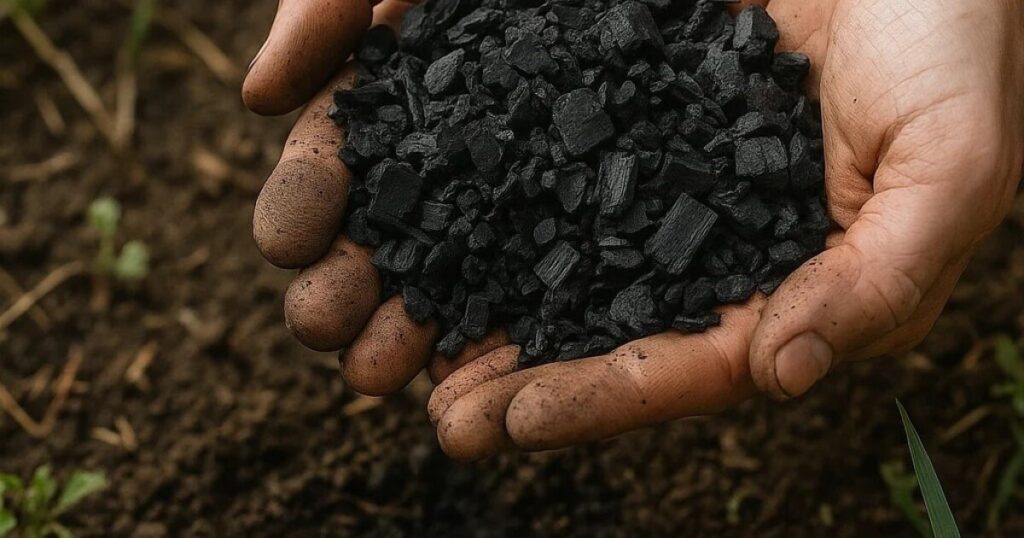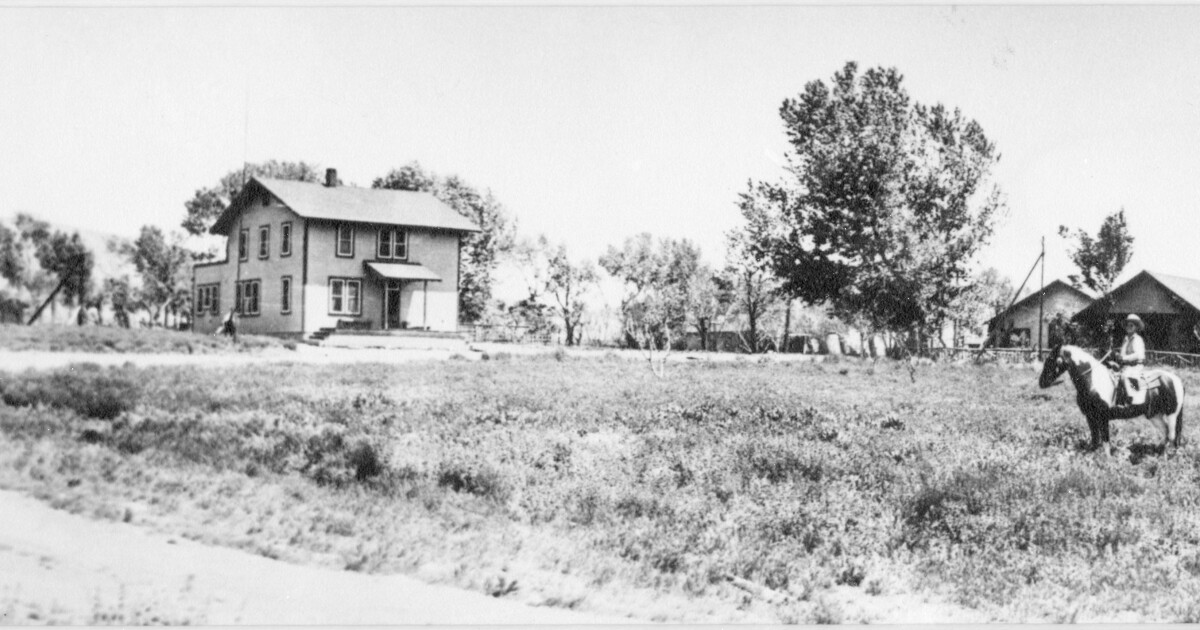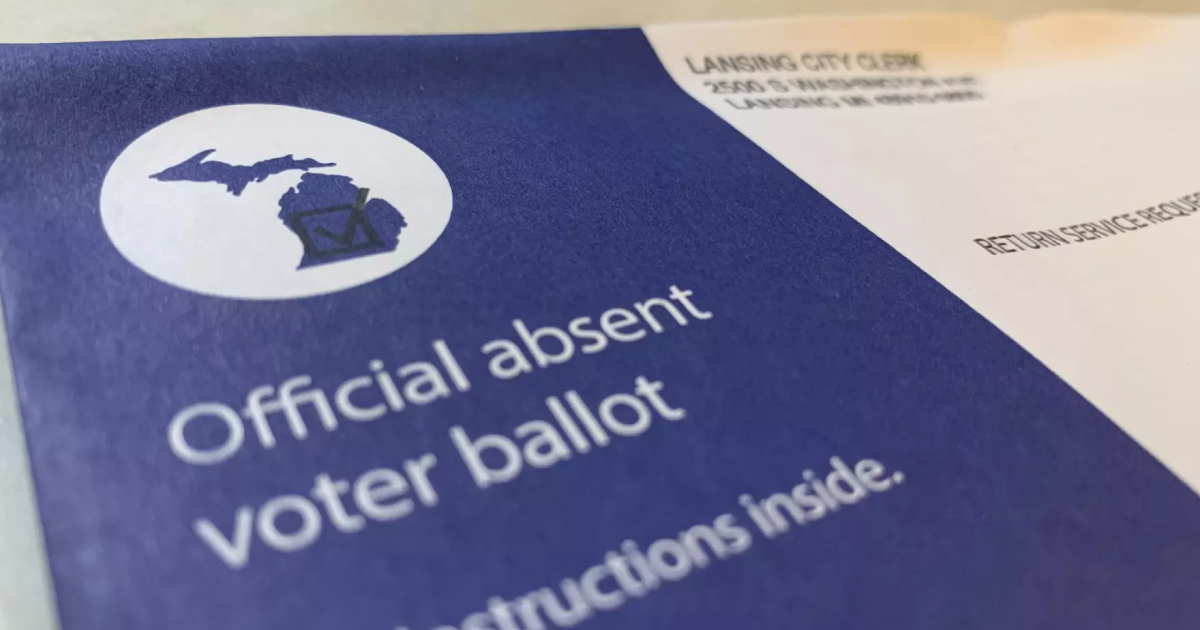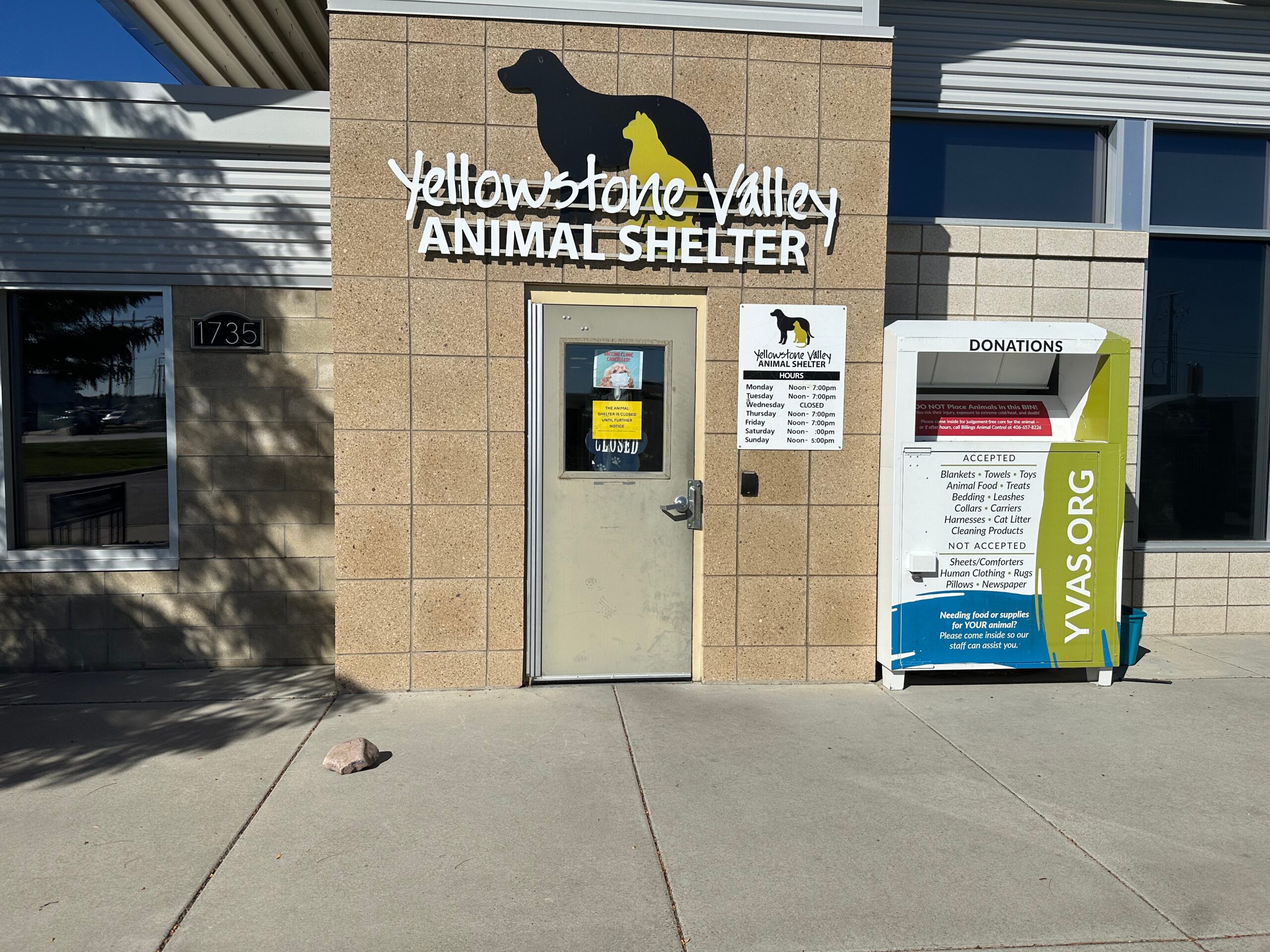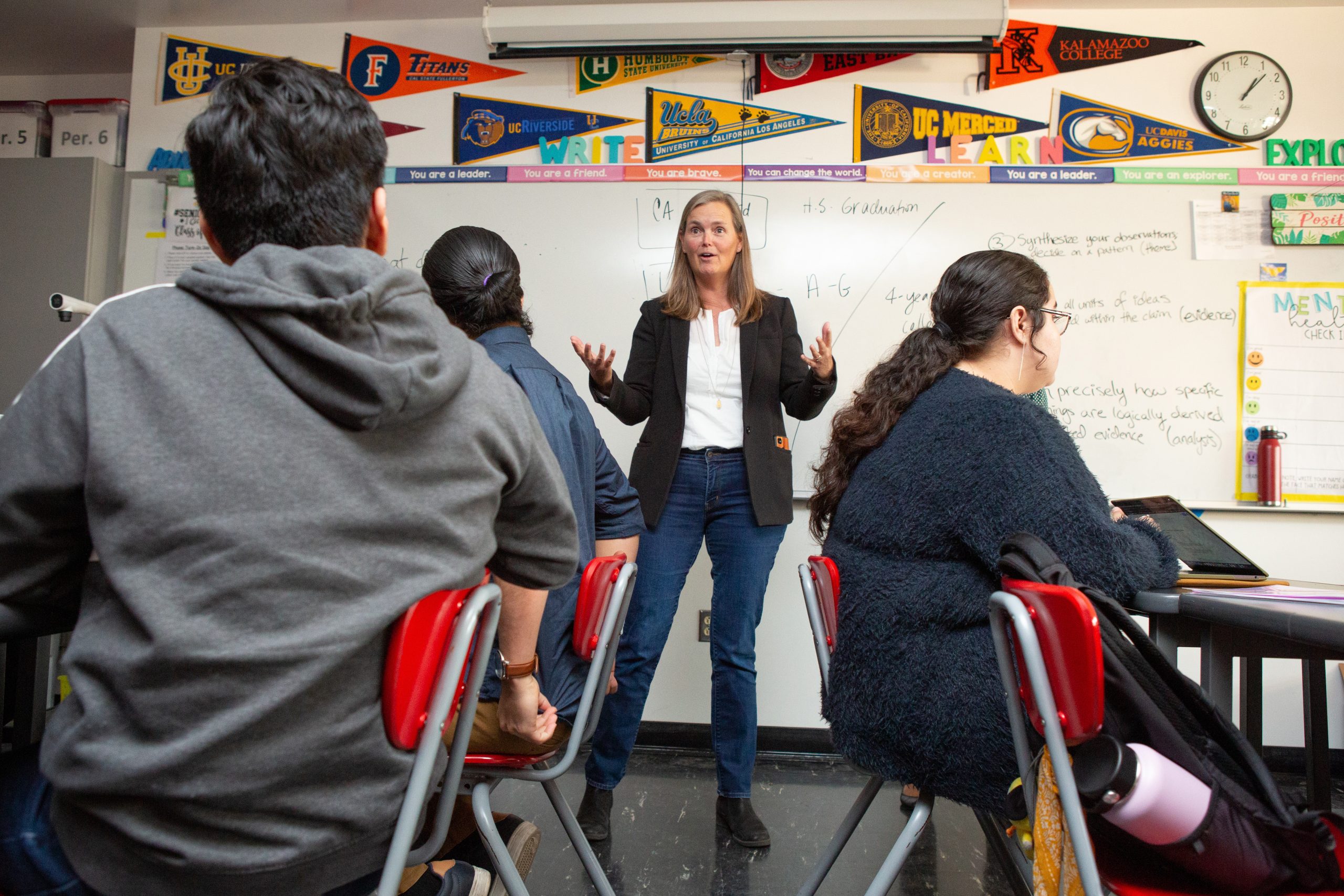Transforming Waste into Worth: The Multifaceted Potential of Biochar
What if materials typically seen as waste could be repurposed into something valuable? Biochar exemplifies this transformation, offering a range of practical applications.
This charcoal-like substance is created by heating biomass to high temperatures without oxygen. Biochar is known for its exceptional ability to absorb organic compounds and heavy metals, and its carbon content remains remarkably stable over time.
Historically, Amazonian indigenous communities harnessed biochar to enrich their agricultural soils, enhancing crop yields. Today, interest in biochar’s diverse applications is resurging, spanning agriculture, construction, and environmental remediation, including wastewater treatment and mine reclamation.
Treated wastewater solids can be converted into biochar, effectively eliminating persistent pollutants known as “forever chemicals” that otherwise contaminate ecosystems. Flagstaff is exploring this technology, with the Flagstaff Water Group investigating methods to enhance contaminant removal.
SouthWest Biochar, a small enterprise in Eagar, Arizona, produces biochar for soil improvement. Meanwhile, Boulder, Colorado, collaborates with businesses to incorporate biochar into concrete, creating a more resilient and eco-friendly building material.
In the Southwest, forest management practices produce slash piles, which are often burned, leading to air pollution and soil damage. Instead, these can be processed into biochar using mobile units, offering a sustainable alternative.
Biochar’s ability to sequester carbon and mitigate CO2 emissions demonstrates the potential to convert waste into a valuable resource.
—
Read More Arizona News

